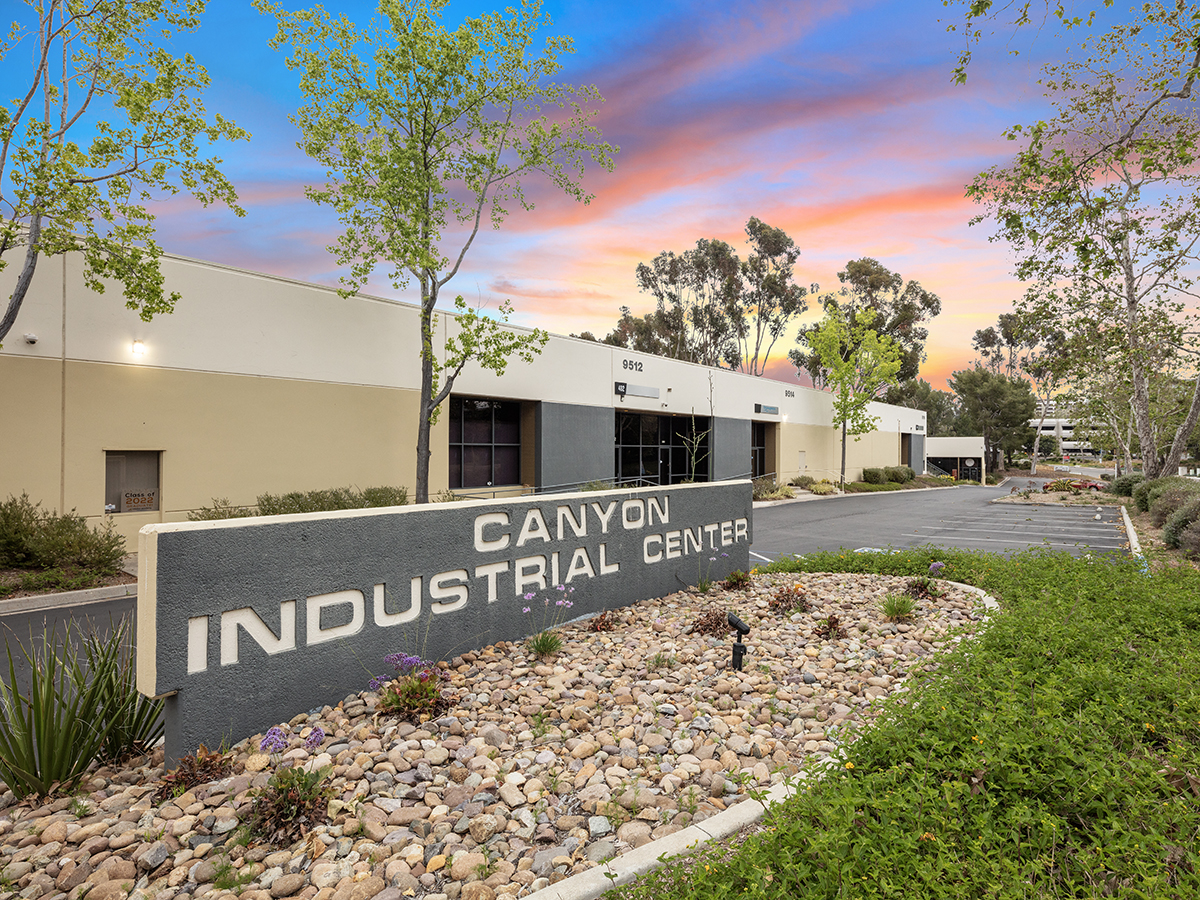REIT World Special Report: REIT Expectations in a Shifting Economy
Economic and real estate drivers will fluctuate in the coming months, while fiscal and legislative policy changes are likely to impact the REIT market. Rising interest rates, accelerating GDP growth and tax reform will almost certainly affect the real estate industry.
By Chris Nebenzahl
Following one of the most contentious and surprising elections in recent history, the REIT industry remains generally optimistic, although economic uncertainty provides cause for concern.
Economic and real estate drivers will fluctuate in the coming months, while fiscal and legislative policy changes are likely to impact the REIT market. Rising interest rates, accelerating GDP growth and tax reform will almost certainly affect the real estate industry.
Although the election came as a shock to many, Tuesday’s results did not alter the fundamental state of the economy, and the employment sector remains robust. In addition to strong job gains and low unemployment rate, John Worth, NAREIT economist and panelist at a recent NAREIT conference, noted that the ratio of job openings to unemployment is high, and workers have sufficient confidence in the labor market to leave their jobs in search of better employment. As a result of labor turnover and increasing demand for workers, wage growth is beginning to accelerate.
One factor potentially skewing job strength is the participation rate, which remains near 40 year lows. Following the recession, many people who voluntarily or involuntarily left the workforce have remained on the sidelines and have not actively pursued employment during the recovery. Demographic shifts and an aging population will likely ensure that the participation rate does not return to pre-recession levels, however, an increase in participation would further support economic growth.
President-elect Trump’s key platform is to increase infrastructure spending and add new jobs. If he is able to accomplish his stated goals, workforce participation may reap the benefits, and many non-participants could re-enter the workforce.
Focusing on the capital markets, one theme emerges; that inflation and interest rates will likely rise during a Donald Trump presidency. The yield on the 10-year Treasury note rose 20 basis points on November 9th and in the first 5 trading days post-election, the 10-year yield increased to 2.20 percent. After a very volatile 2016, the 10-year yield has almost returned to its 2015 year-end level, after falling to as low as 1.36 percent this summer. This may cause concern for REIT investors as most loans are tied to the 10-year Treasury, and increasing rates will lead to increasing cost of debt capital.
Following the election results, the Wall Street Journal immediately revised their 2017 and 2018 forecasts for GDP, CPI, and the yield on the 10-year Treasury. 2017 GDP and CPI forecasts remained in place as policies leading to economic growth and rising prices will take time to reach the market. However, the 10-year Treasury yield forecast for both 2017 and 2018 increased 25 basis points from October to November. 2018 GDP and CPI estimates were also revised upward roughly 25 basis points.
While capital costs may increase, rising GDP, inflation and interest rates should bode well for the REIT market. REITs are openly traded and not directly tied to any one metric, however, they tend to perform well in periods of economic growth and rising rates. As measured by the FTSE NAREIT Equity REIT Total Return index, REITs have experienced positive total returns during 88 percent of the periods of rising interest rates from 1994 to 2016. There has also been a positive relationship between GDP growth and REIT total returns over the past 22 years.
Despite changes in the Oval Office and on Capitol Hill, demand for real estate should remain strong according to Calvin Schnure, NAREIT economist. NAREIT uses excess net absorption as a way of analyzing supply and demand, and found that demand continues to outpace supply in office, retail and industrial. Although the multifamily industry has experienced substantial new supply and NAREIT emphasized its long-term bullish view for apartments based on significant pent up demand and the likelihood of continuing household formation for many years to come.
While the NAREIT economists took a generally optimistic viewpoint, Steve Sakwa, Head of Real Estate Research at Evercore ISI, cautioned his audience, explaining that real estate fundamentals have begun to decline, although they are not expected to fall negative in the near future.
President-elect Trump’s economic policy calls for significant infrastructure spending and reduced regulation for many industries. As a result, investors may choose to move funds from REITs into other sectors that have not shown signs of growth in recent years, but now show early indications of expansion. If REIT fund flows are negative and real estate fundamentals shift, REIT performance may fluctuate.
Finally, the issue of tax reform will directly impact the REIT market. For the first time in more than 80 years republicans will control the White House, Congress and the Supreme Court, and therefore legislative changes and tax reform should be relatively easy. While Donald Trump’s tax plan differs from that of Speaker of the House Paul Ryan’s and a number of other republican legislators, changes to the tax code are nearly certain. As the tax reform takes shape questions surrounding the carried interest provision, tax deferred exchanges, and corporate tax rates will impact the REIT industry and the real estate market as a whole.
Many people are anxious to know what the new president’s administration will look like and what legislation comes out of it. In the short term however, the real estate industry will wait with measured optimism.






